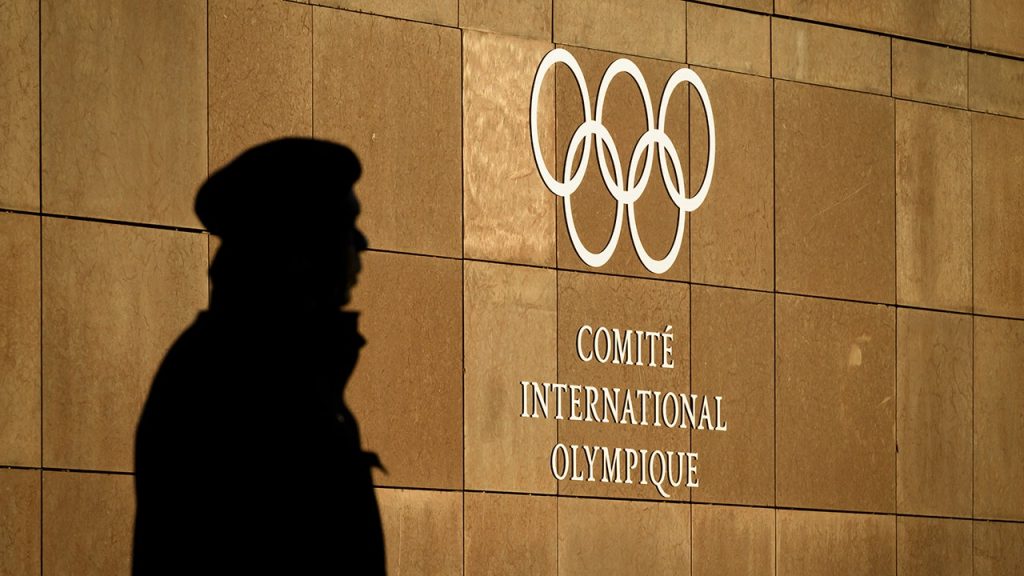The participation of transgender athletes in women’s sports has been a controversial topic that gained significant attention in 2021 with the emergence of former University of Pennsylvania swimmer Lia Thomas, a transgender woman. This led to a re-examination of policies by various sports governing bodies. In November 2021, the International Olympic Committee released a revised policy recommendation aimed at fostering gender equality and inclusion in sports. The IOC’s “Framework on Fairness, Inclusion and Non-Discrimination on the Basis of Gender Identity and Sex Variations” outlined a 10-principle approach for sports to consider when creating their own eligibility requirements.
The Framework emphasized that each sport’s governing body should determine eligibility criteria based on the nature of the sport, respecting human rights, evidence-based approaches, and athlete consultation. It recommended a comprehensive and respectful approach to developing criteria that ensure a safe and non-discriminatory environment for all athletes while maintaining fairness in competition. The 10 principles included inclusion, prevention of harm, fairness, evidence-based approach, privacy rights, and periodic reviews. The new Framework replaced a 2015 policy that required transgender athletes transitioning from male to female to declare their gender identity as female and meet specific testosterone level requirements.
Several sports governing bodies followed the IOC’s lead and implemented changes to their policies regarding transgender athlete participation. World Aquatics and World Athletics introduced criteria barring transgender athletes from competing in women’s events if they had experienced male puberty beyond a certain stage or age. The governing body for cycling (UCI) also updated its policy to exclude transgender athletes who transitioned after male puberty from women’s events. Despite criticism, World Athletics President Sebastian Coe defended the organization’s policy, stating that it is essential to protect the integrity of the female category in sports.
The debate on transgender athlete participation in women’s sports is ongoing, with various sports governing bodies making changes to their policies based on the IOC’s Framework and individual considerations. While some argue for more inclusive policies to support transgender athletes’ rights, others emphasize the importance of maintaining fair competition and protecting the integrity of women’s sports categories. The IOC’s Framework aims to provide a balanced approach that respects human rights, promotes inclusivity, and ensures fairness in sports competitions. As the 2024 Summer Games in Paris approach, the issue of transgender athlete participation in women’s sports remains a topic of significant interest and discussion in the sports world.


